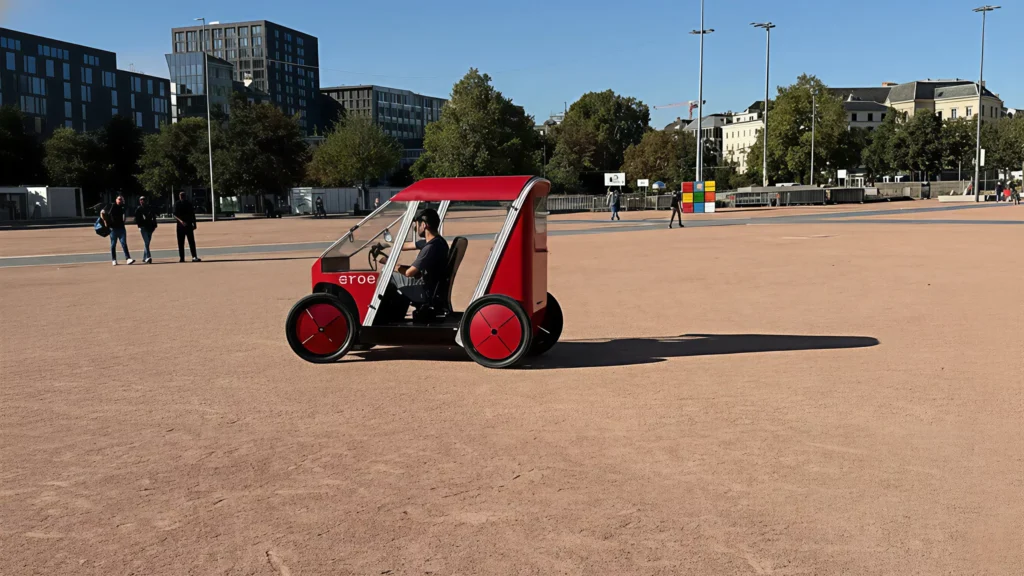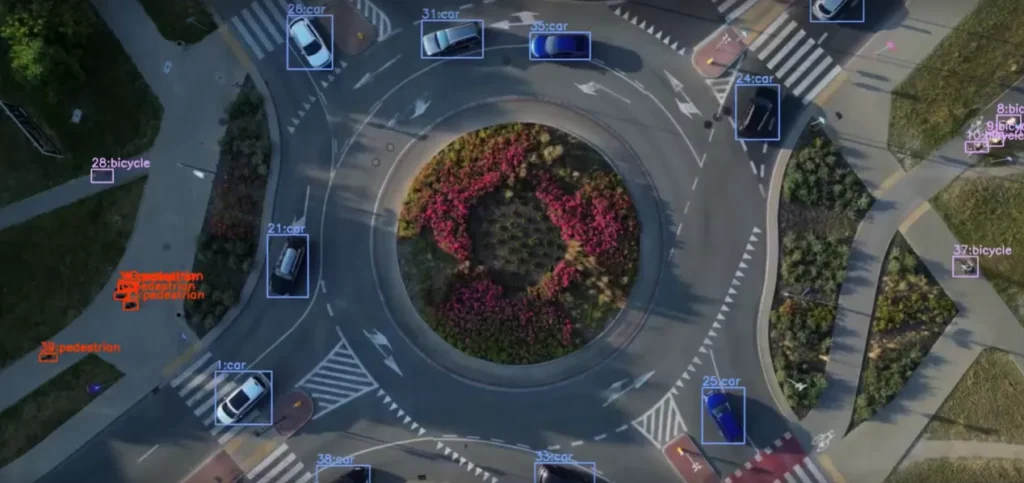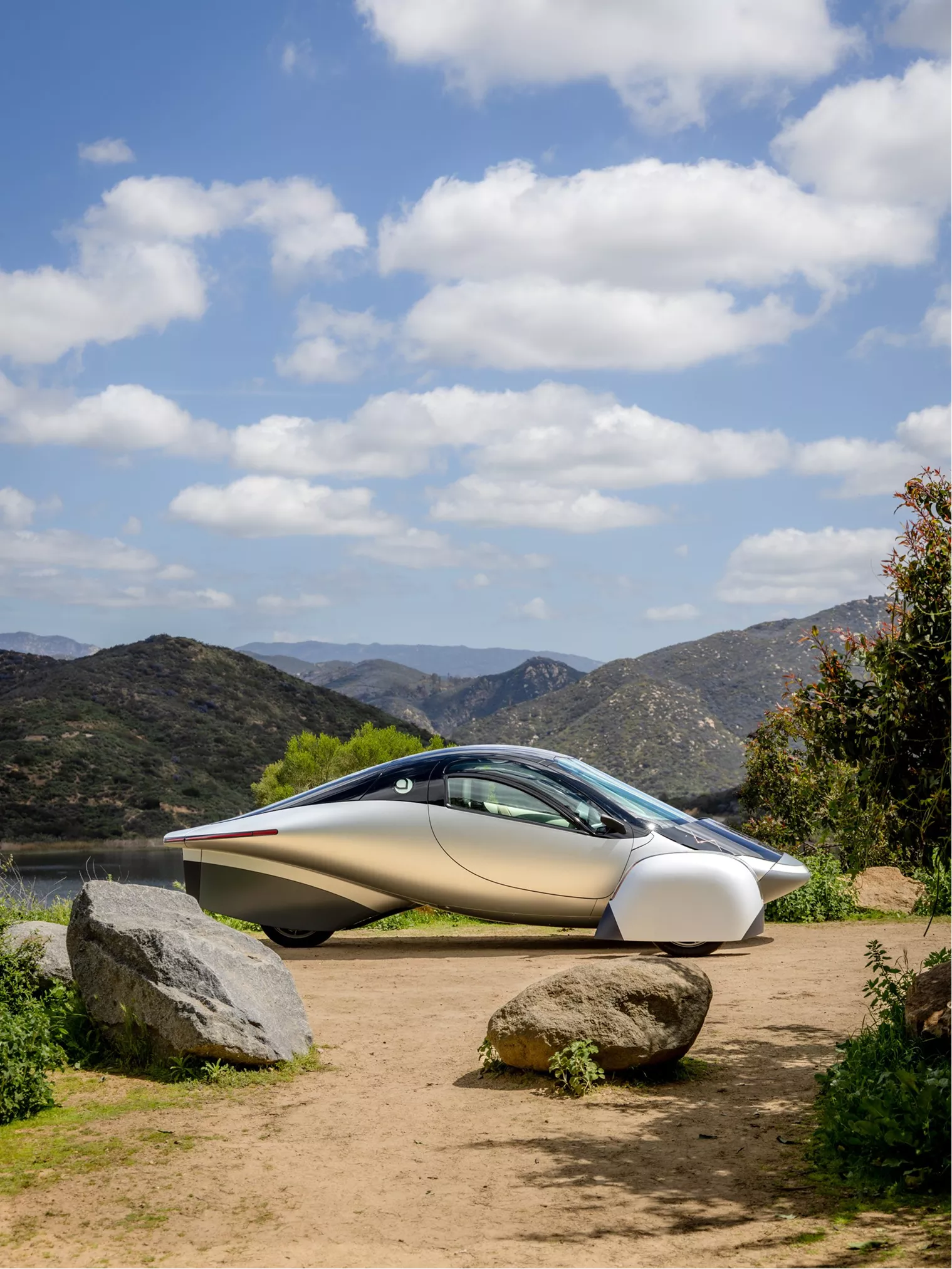






From EVs and batteries to autonomous vehicles and urban transport, we cover what actually matters. Delivered to your inbox weekly.
The European Commission has announced a €1 billion investment to accelerate intelligent and sustainable mobility systems across the continent. The announcement was made during Day 2 of the 16th ITS European Congress in Seville, where officials laid out a detailed strategy for scaling connected, automated, and electrified transport infrastructure.
The funding — channeled through the Horizon Europe program — will support projects focused on automated driving, digital mobility integration, and next-generation battery systems. Moumen Hamdouch, head of unit for Sustainable and Intelligent Transport at the European Commission, framed the initiative as a key step in the “twin transition,” where decarbonization and digitalization are pursued in parallel.
Part of the investment will fund regulatory pilots and deployment programs for autonomous vehicles, starting with automated valet parking systems to be approved by the end of 2025. Other use cases, including hub-to-hub freight automation, are scheduled for staged rollouts beginning in 2026.
The plan also includes the development of cross-border testbeds for connected and autonomous mobility. These will require harmonizing traffic laws, safety frameworks, and communication standards across EU member states — an area the Commission says is critical for real-world scalability.
Delegates at the Seville congress emphasized that the EU’s transport strategy is no longer theoretical. Deployment timelines are now on record, technical roadmaps are in place, and integration with industrial policy is active. The €1 billion investment reflects not just ambition, but operational readiness. The European Commission’s posture is clear: if the future of mobility is automated, connected, and electric, it must also be unified.